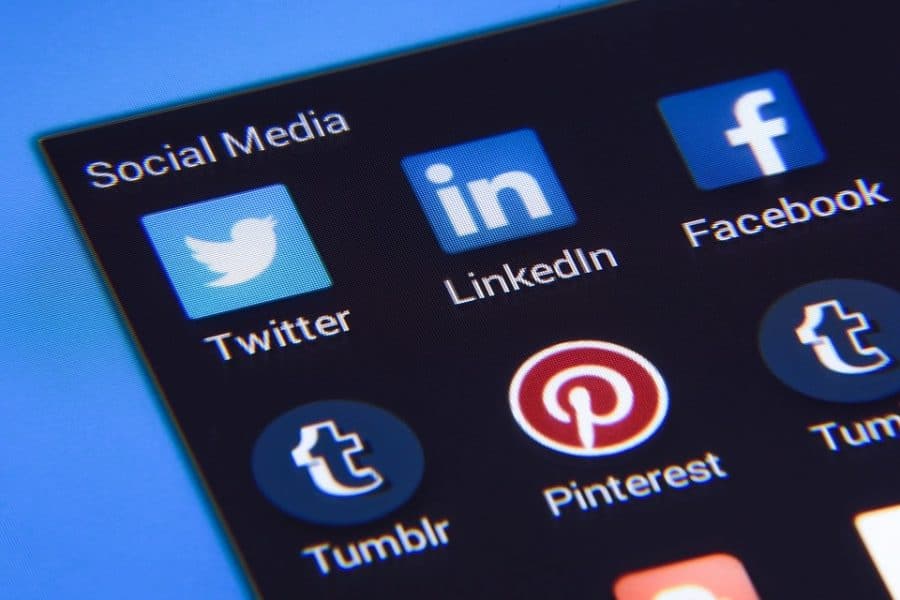An incident regarding Ivy League students behaving poorly on social media serves as a cautionary tale for employees about the limits of off duty privacy.
Last month, multiple news outlets reported that Harvard revoked the acceptances of ten incoming students after they posted offensive comments on social media. This is a reminder that oftentimes we do not have the rights to off duty privacy we think we do or believe we should.
When I read this article, two things came to mind. First, this is an example of what I strongly believe— intelligence and common sense have nothing to do with one another. Second, employees should pay attention to this.
In the Harvard case, the University invites all incoming freshman to join a moderated Facebook group. From there, students form their own group chats based on interests, where they’re from, etc. The group chat in question was named “General F*** Ups;” the name itself should have been a red flag. Accordingly, some students who joined the group acted like the title suggested. They posted racist, anti-Semitic and sexually inappropriate comments and memes in this group. Unsurprisingly, someone reported the conduct to Harvard officials. In response, Harvard officials promptly revoked these students’ acceptances.
This type of thing happens in the workplace all the time. And, like the Harvard case, employers are almost always free to fire the employees.
I recently spoke on a panel regarding off-duty privacy and what rights employees have to it. The short answer to an otherwise complicated question is employees of private employers have minimal rights to privacy in their affairs outside of the office. In the absence of information to the contrary, employees who work for private employers should assume that if they post unsavory things like this on social media their employer could choose to fire them.
Furthermore, I can guarantee you that these students are saying exactly what many of our clients who are disciplined or terminated for offensive social media posts say, “Don’t I have free speech rights?” The answer for those students and for private employees is no, you do not.
I understand why many people believe they have free speech rights in all areas of their lives. After all, it’s the First Amendment to our Constitution. However, free speech rights are limited and only apply to certain types of speech anyway. To be specific, First Amendment only limits the government’s right to suppress free speech. Therefore, your boss in a private workplace can, in most circumstances, suppress that speech all he wants. An ABA colleague wrote a great article on this topic.
A lesson in all of this? Don’t be a jerk on a social media, and if you just can’t help yourself, be prepared to face serious consequences.



